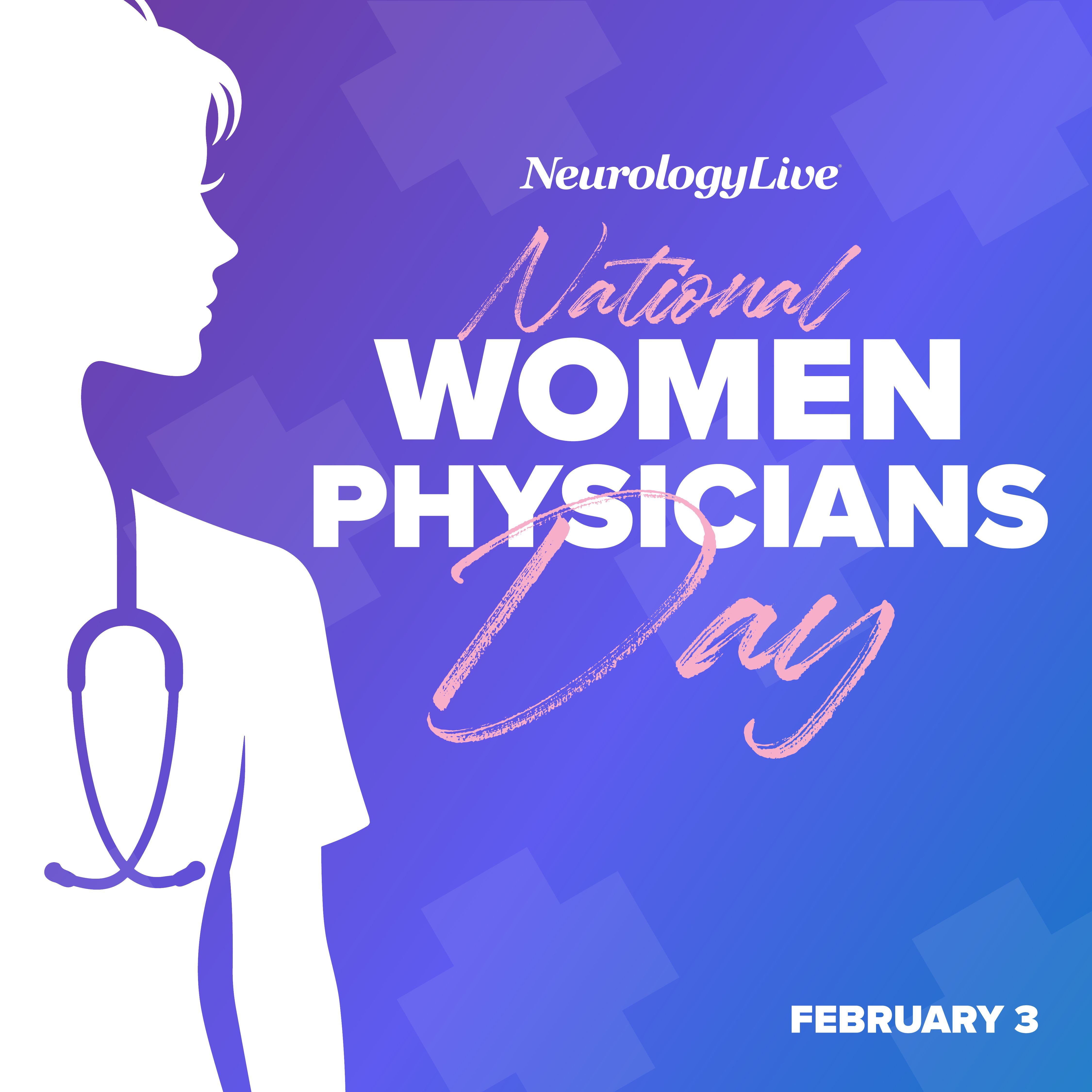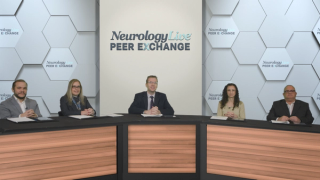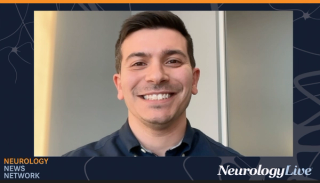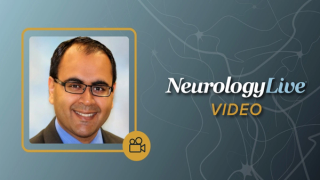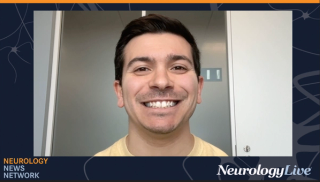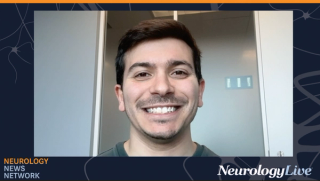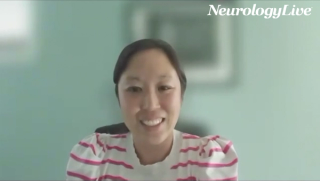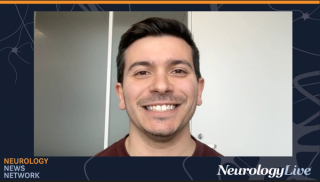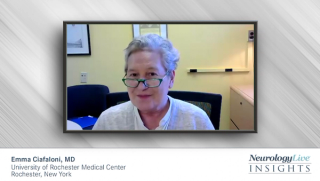
Neuromuscular
Latest News
Video Series

Latest Videos
Shorts
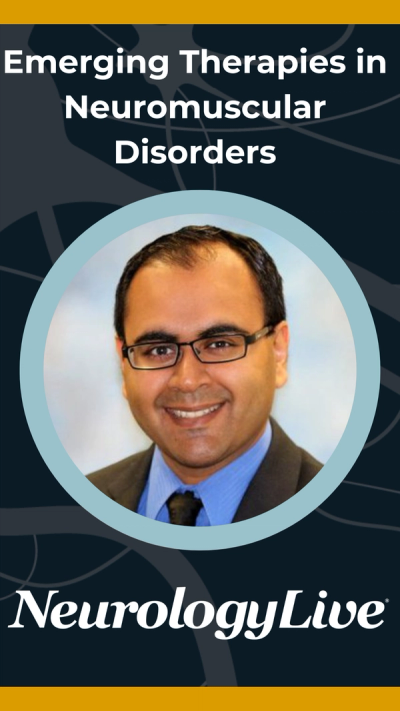


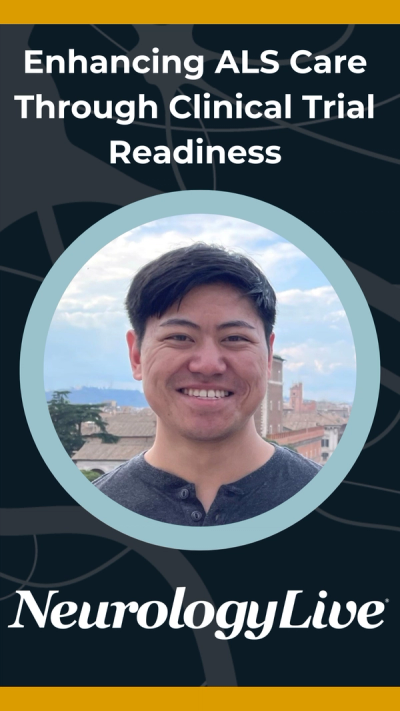
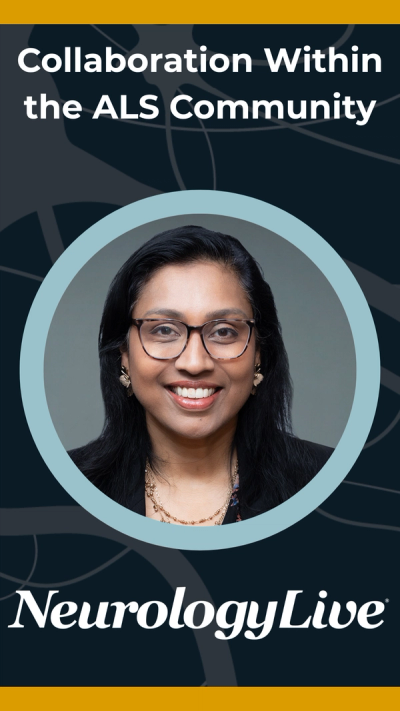
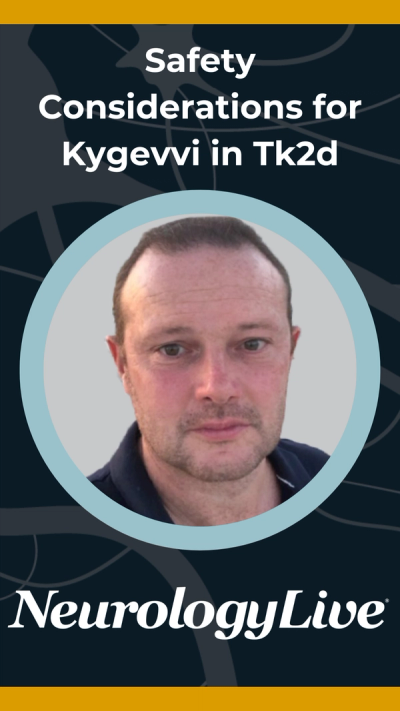
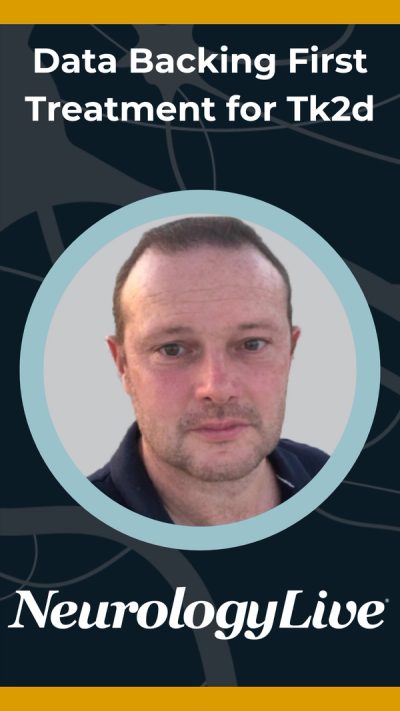
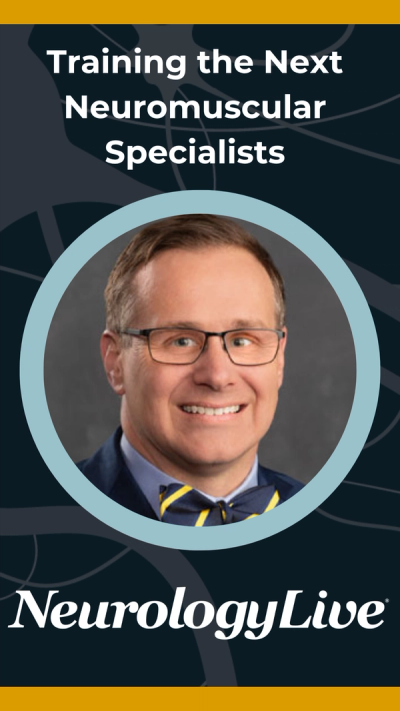
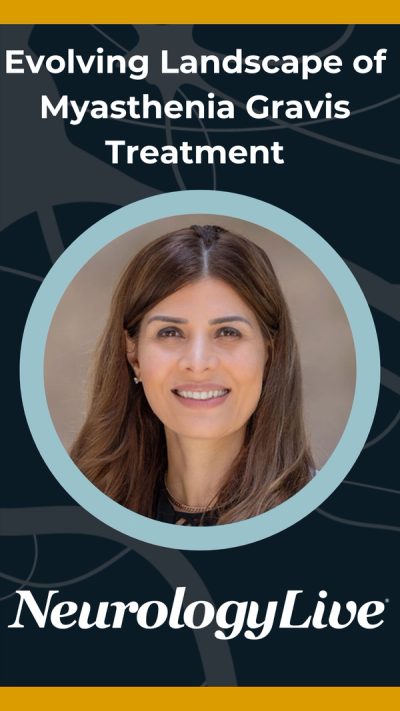
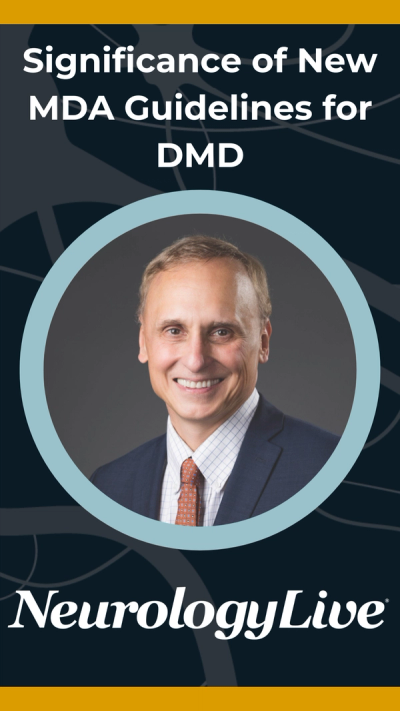
Podcasts
CME Content
More News
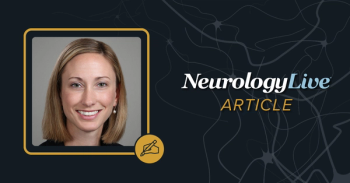
New findings from the EMBARK study highlight Elevidys' significant long-term benefits in slowing Duchenne muscular dystrophy progression in young patients.
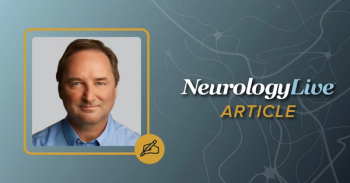
Intellia’s trial for nex-z in ATTR-CM remains under clinical hold.
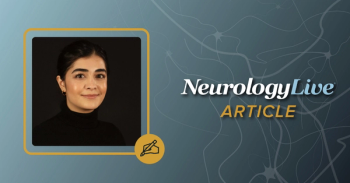
Trial data showed that treatment with lamotrigine reduced myotonia severity in adults with genetically confirmed non-dystrophic myotonias, with sustained benefit and an acceptable safety profile.

The FDA raised no objections to Lexicon Pharmaceuticals’ pilavapadin for a phase 3 program, which will include 2-arm registrational studies, in patients with diabetic peripheral neuropathic pain.

Here's some of what is coming soon to NeurologyLive® this week.
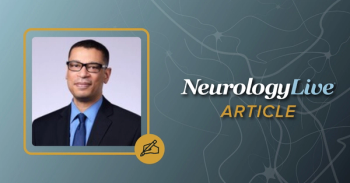
Benitec Biopharma reveals promising results for BB-301, a gene therapy showing significant improvements in swallowing function for OPMD patients.
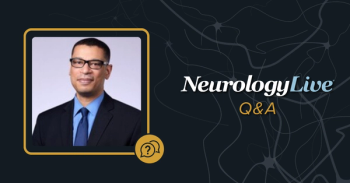
Jerel Banks, MD, PhD, chief executive officer of Benitec Biopharma, reviews early phase 1b/2a clinical signals, mechanism, and next steps for BB-301 in oculopharyngeal muscular dystrophy.

AskBio noted that AB-1009 also recently received fast track and orphan drug designations from the FDA.

The FDA requested the full data from the phase 3 HOPE-3 study as part of its review of the biologics license application for deramiocel, which Capricor plans to submit in February 2026.
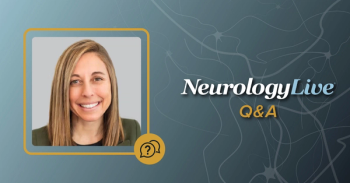
Stephanie Fradette, PharmD, head of neuromuscular development at Biogen, gave immediate reaction to the EC approval of high-dose nusinersen and its implications for evolving SMA treatment strategies.

Here's some of what is coming soon to NeurologyLive® this week.

The therapy also received orphan drug designation from the FDA.
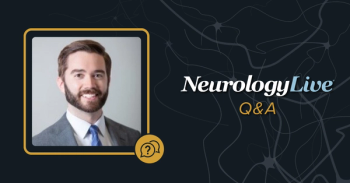
Paul Melmeyer, MPP, executive vice president, public policy and advocacy, Muscular Dystrophy Association, explains how adding Duchenne muscular dystrophy to the Recommended Unified Screening Panel reshapes early diagnosis, treatment timing, and family counseling.
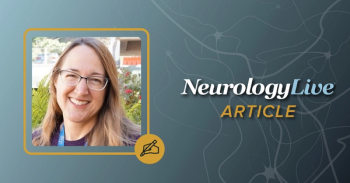
Published phase 3 data in JAMA Neurology highlighted tofersen's potential to slow ALS progression and improve survival, marking a breakthrough in SOD1-ALS treatment.

In the middle of 2026, the company is planning to submit a BLA for RGX-202 via an accelerated approval pathway.

The European Commission approved Biogen’s high-dose nusinersen regimen for 5q SMA, supported by DEVOTE trial data showing significantly improved motor function with a safety profile consistent with the standard-dose regimen.

sBLA Acceptance Positions Efgartigimod as Potential First Therapy for Seronegative Myasthenia Gravis
The FDA is expected to have a decision on efgartigimod as potentially the first approved therapy for seronegative myasthenia gravis by May 10, 2026.

Here's some of what is coming soon to NeurologyLive® this week.

Annexon submitted an EMA marketing application for tanruprubart, a first-in-class C1q monoclonal antibody that showed faster and more complete recovery in Guillain-Barré syndrome patients across randomized trials.
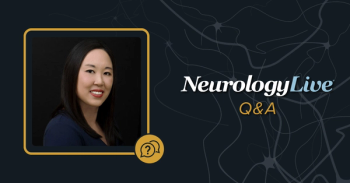
Angela Lek, PhD, chief research officer at the Muscular Dystrophy Association, provided an outlook on the 2026 MDA meeting and what clinicians should look forward to in preparation.
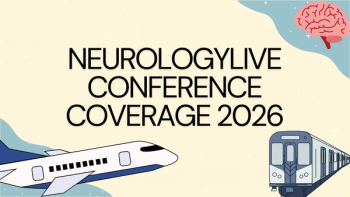
Follow NeurologyLive's conference journey in 2026, highlighting advancements in diagnostics, treatments, and multidisciplinary care across multiple neurological conditions.
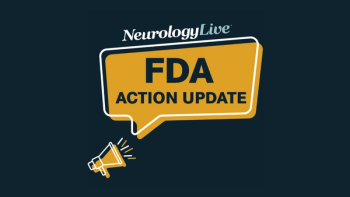
Catch up on any of the neurology news headlines you may have missed in December 2025, compiled into 1 place by the NeurologyLive® team.

Here's some of what is coming soon to NeurologyLive® this week.
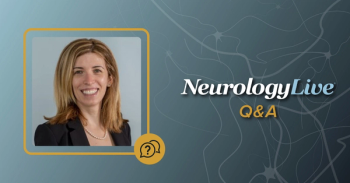
ALS expert Sabrina Paganoni, MD, PhD, provided follow-up commentary on promising phase 1 data from the LUMINA trial testing Amylyx’s novel agent AMX0114 in patients with early-stage ALS.
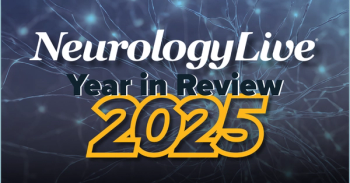
Explore anticipated FDA decisions on groundbreaking neurology drugs in 2026, shaping treatment options for various neurologic conditions.


